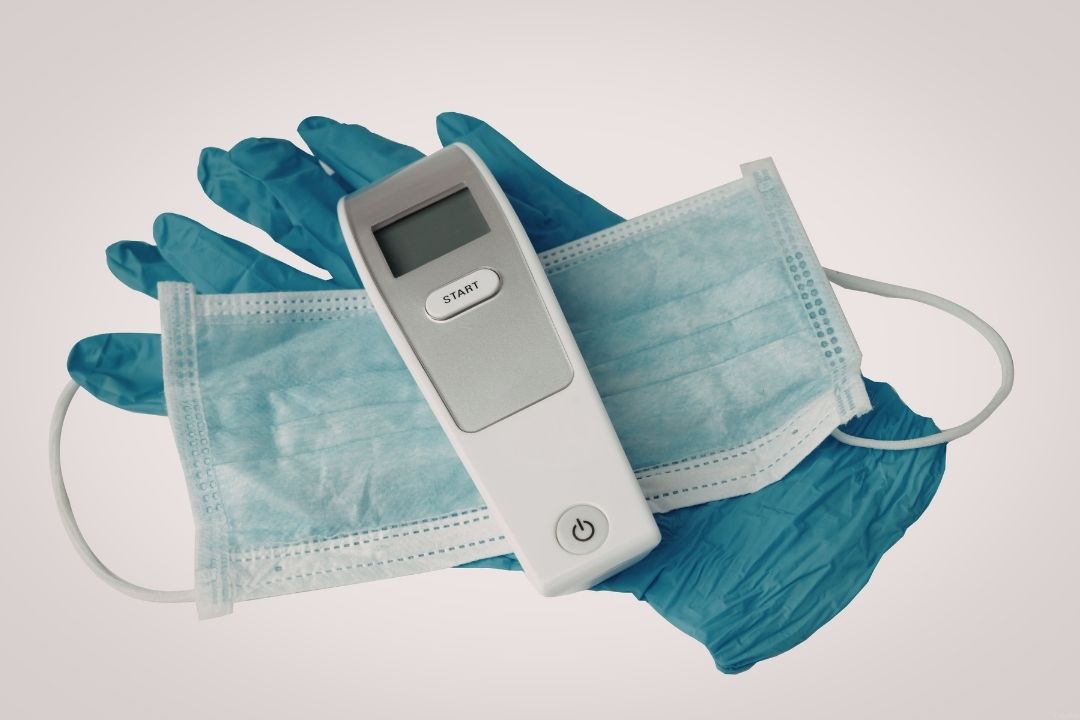
In the realm of healthcare, there's a silent yet crucial force that plays a pivotal role in supporting individuals in need – Home Health Aides (HHAs). These dedicated professionals offer invaluable assistance to those who require medical and personal care services within the comfort of their homes. Let's delve into the world of HHAs and explore their significance, responsibilities, earnings, and how to embark on this noble career path.
What is a Home Health Aide (HHA)?
Home Health Aides, often abbreviated as HHAs, are trained caregivers who provide essential assistance to individuals with chronic illnesses, disabilities, cognitive impairments, or those recovering from surgeries. They typically work under the supervision of registered nurses or other healthcare professionals to deliver personalized care within a home setting.
Average Home Health Aide salary: How much do they make?
The average salary of a Home Health Aide varies depending on factors such as location, level of experience, and employer. According to ZipRecruiter, the average annual salary for HHAs in the United States is approximately $33,585, or $16 per hour. Pay for HHAs can vary based on regional cost of living and demand for services.
HHA duties: What does a Home Health Aide do?
Home Health Aides undertake a diverse range of responsibilities aimed at ensuring the well-being and comfort of their clients. These duties may include:
- Assisting with personal hygiene tasks such as bathing, grooming, and toileting.
- Monitoring vital signs and reporting any changes in health status to healthcare professionals.
- Administering prescribed medications under the supervision of a nurse or physician.
- Providing assistance with mobility, including transferring and positioning clients safely.
- Performing light housekeeping tasks and meal preparation.
- Offering companionship and emotional support to clients and their families.
What are Home Health Aides not allowed to do?
While HHAs provide essential support, there are certain tasks they are not permitted to perform, including:
- Administering injections or other invasive medical procedures without proper training and certification.
- Making medical diagnoses or altering treatment plans without authorization from a healthcare professional.
- Performing tasks beyond their scope of practice as defined by state regulations.
How to become a Home Health Aide
Are you interested in becoming an HHA? Before you can begin a career as a Home Health Aide, you typically must follow these steps:
- Education and Training: Obtain a high school diploma or equivalent. Complete a state-approved training program, which typically includes classroom instruction and hands-on clinical experience.
- Certification: After completing the training program, obtain certification by passing a competency evaluation administered by a state-approved agency. Requirements may vary by state.
- Gain Experience: Gain practical experience by working under the supervision of experienced HHAs or healthcare professionals.
- Continuing Education: Stay updated on industry developments and regulations through continuing education and training programs.
- Licensure and Registration: Some states may require HHAs to obtain licensure or register with a regulatory agency to practice legally.
Is the role of Home Health Aide right for you?
Home Health Aides are unsung heroes who provide invaluable care and support to individuals in need, allowing them to maintain independence and dignity within their own homes. Their dedication, compassion, and commitment make them indispensable members of the healthcare team. For those considering a career as an HHA, the journey promises both challenges and rewards, ultimately contributing to the well-being of society's most vulnerable members.
Want to learn about other in-demand healthcare professions? Explore more professions with shifts offered through the CareRev App.





